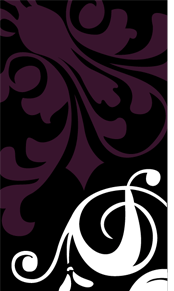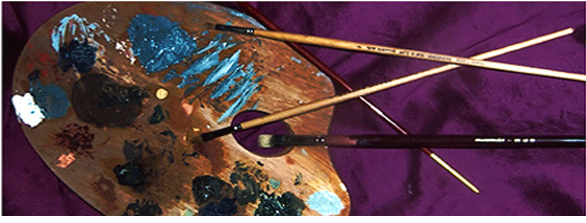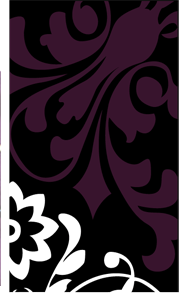|
Renoir, Pierre-Auguste Biography
(1841-1919)
Was one of the greatest of the painters affected by Impressionism. Renoir
worked from the age of thirteen in a china factory and his early training as a
painter on porcelain predisposed him towards the Impressionists' light palette.
In 1861 Renoir spent some time in the teaching studio of Gleyre, where he met
Monet, Bazille and Sisley. Renoir also frequented the Louvre, and was
particularly interested in Watteau, Boucher and Fragonard: all his life he was
conscious of the need to study art in museums, and dissatisfied with the purely
visual aspects of Impressionism. The main influence on his early career was
Courbet, until about 1868, and during this time he used heavy impasto and rather
dark color. In 1868 Renoir and Monet worked together on the Seine, and as a
result of painting continually out of doors - and of Monet's influence - his
color became lighter and higher in key, and his handling freer, the whole canvas
being managed in patches of colored light and shadow without any definite
drawing. Renoir exhibited in the first three Impressionist exhibitions, and then
in the seventh; after 1877 he was successful in getting some of his portraits
into the Salon and was unwilling to risk the market that this offered for the
sake of the often disadvantageous advertisement provided by the group shows. In
1881 (and again in 1882) Renoir visited North Africa, was in Guernsey in 1883,
and made the first of several trips to Italy in the winter of 1881-2; he later
traveled widely, visiting London, Holland, Spain and Germany, studying in
museums. Renoir deeply admired Raphael and Velazquez - more even than Rubens, to
whose art his own was so much indebted. After his first Italian journey his
drawing became much firmer, his Impressionism much less the spontaneous result
of purely visual stimuli than the conscious use of color to recreate nature and
form, and this in turn involved departure from Monet's form of Impressionism -
direct painting before the object - by the adoption of a more elaborate
technique, with preparatory drawings and successive sessions on the canvas while
the figure and its setting were worked up: 'Il Jaut meubler la toile' (the
canvas must be furnished. . . ) was his way of putting it. Where his early works
include portraits, landscapes, flowers and groups of figures in settings of
cafe, dance-hall, boats or riverside landscapes, his late works are mostly
nudes, or near nudes. The warmth and tenderness of pink and pearly flesh
entranced him and gave him full scope for his favorite color schemes of pinks
and reds, and the exploitation of a chosen color scheme is in itself an
un-Impressionist idea.
Renoir’s famous oil paintings include:
- Madame Charpentier and her Children
- Dance at Bougival
- On the Terrace
- After the Bath
- Luncheon of the Boating Party
- Two Little Circus Girls
- Umbrellas
- The Bathers
- Madame Monet Lying on a Sofa
- Moulin de la Galette
|




